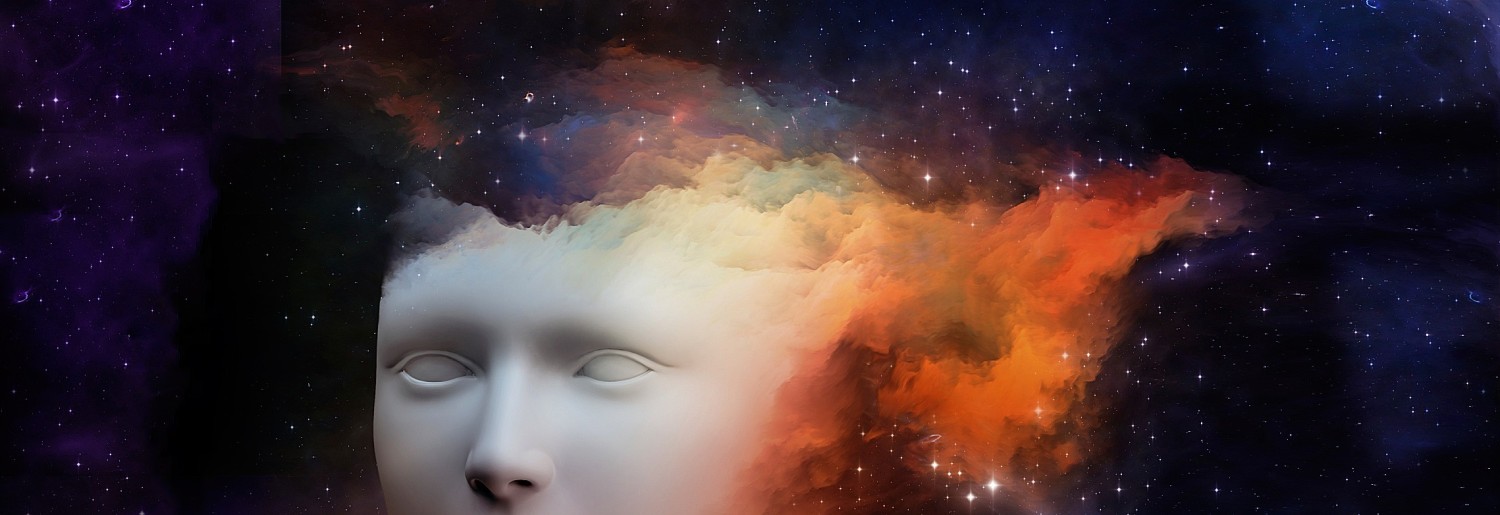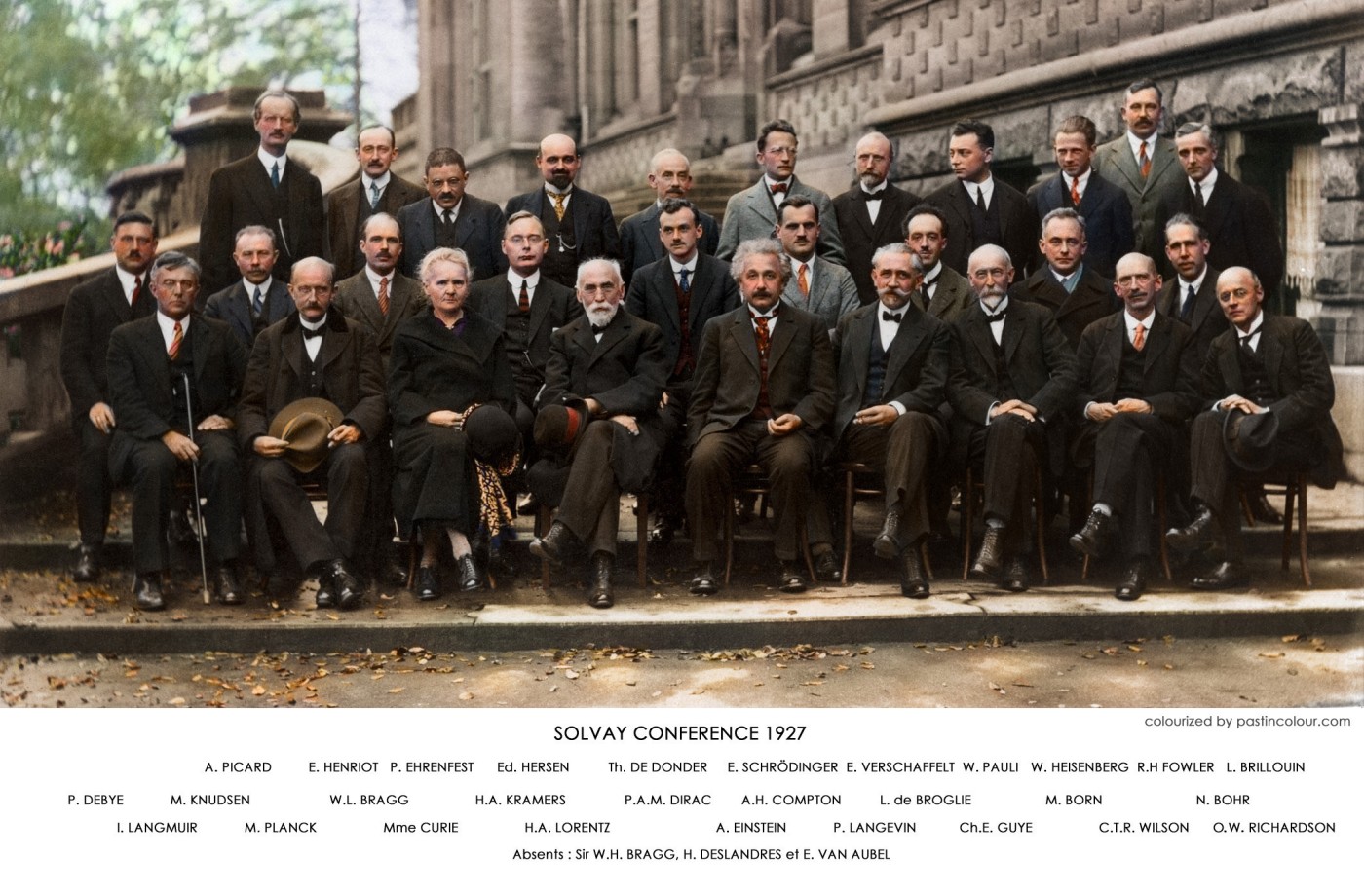Science
True science and pseudoscience
Science isthe intellectual and practical activity encompassing the systematic study of the structure and behaviour of the physical and natural world through observation and experiment.
Keywords that characterize a scientific theory are observation and experimentation. Keywords that characterize the scientific method are testability and reproducibility. If it is not repeatedly confirmed through observation and experimentation it is not true science.
For example microevolution is the observable variety within a species and is therefore scientific. Macroevolution is the unobservable change from one unique life form into another unique life form and is therefore not scientific according to the definition of true science. Macroevolution is not observable, not testable and not reproducible.
True scientists seek to "let reality speak for itself". Reality and causality show that specified complexity is only caused by intelligent agents. Against all logic the unprovable philosophy naturalism forces evolutionists to believe it is caused by mindless naturalistic processes.
Science is not just the collection of data and facts about nature. Science involves a method of investigation of nature that allows the discovery of knowledge not previously known. A closed mind has no room for new knowledge.*
Open-mindedness is receptiveness to new ideas. Intelligent design is an idea fanatically opposed by evolutionists simply because it supports supernaturalism which overpowers naturalism. According to objectivity in science scientists must aspire to eliminate personal biases, a priori commitments, emotional involvement, etc. According to good science scientists should never narrow their minds to unprovable philosophies like for example naturalism. But that's of course exactly what naturalists do and what they impose on the rest of the world via their powerful mainstream science organizations.
Isaac Newton:
Rule 1: We are to admit no more causes of natural things than such as are both true and sufficient to explain their appearances. Rule 2: Therefore to the same natural effects we must, as far as possible, assign the same causes.
Occam's razor states that among competing hypotheses, the one with the fewest assumptions should be selected. Scientists should not make up far-fetched theories that unnecessarily go beyond what is observable and true. The blind acceptance of the philosophy naturalism makes evolutionists go far beyond the limits of science when trying to explain origins. Examples are the big bang, abiogenesis, macroevolution, uniformitarianism, multiverse, evolutionary psychology, etcetera.
Limits of science
Richard Feynman:
Each piece, or part, of the whole of nature is always merely an approximation to the complete truth, or the complete truth so far as we know it. In fact, everything we know is only some kind of approximation, because we know that we do not know all the laws as yet. Therefore, things must be learned only to be unlearned again or, more likely, to be corrected. ... The test of all knowledge is experiment. Experiment is the sole judge of scientific “truth”.
Max Planck:
Science cannot solve the ultimate mystery of nature. And that is because, in the last analysis, we ourselves are part of nature and therefore part of the mystery that we are trying to solve. ... Anybody who has been seriously engaged in scientific work of any kind realizes that over the entrance to the gates of the temple of science are written the words: Ye must have faith. It is a quality which the scientist cannot dispense with.
Werner Heisenberg:
The existing scientific concepts cover always only a very limited part of reality, and the other part that has not yet been understood is infinite.
Albert Einstein:
All our science, measured against reality, is primitive and childlike.
True scientists know the limits of science. For example water consists of Hydrogen and Oxygen, Hydrogen consists of a proton and an electron, and an electron is an elementary particle. Elementary simply means we don't know of what it is made.
Heisenberg's uncertainty principle shows that absolute knowledge is an illusion to mankind. Reality is much greater than science. True scientists honestly admit that science itself is based on faith because it is based on certain unprovable axioms or assumptions. Hence the philosophy of science. Because science is limited people are inevitably forced to resort to philosophy. This shows philosophy's superiority over science.
Science cannot prove itself. Science is a product of the human mind but it cannot explain the human mind itself. That which is created can never exceed or be equal to its creator. A copy can never be better than the original. People can experience love and hate, but love and hate cannot be proven by science. Science can somehow imply that the universe had a beginning but it can't explain what caused the so-called big bang to happen. Questions about origins belong to philosophy, not to science. Every answer in science leads to another question or unknown. Science may be a useful tool for explaining natural phenomena to some extent, but the limits of science are real and should be respected. The supernatural can never be disproven by naturalism. The supernatural on the other hand can easily explain the natural.
Pseudoscience
Charles Darwin:
To suppose that the eye, with all its inimitable contrivances for adjusting the focus to different distances, for admitting different amounts of light, and for the correction of spherical and chromatic aberration, could have been formed by natural selection, seems, I freely confess, absurd in the highest possible degree.
I am quite conscious that my speculations run quite beyond the bounds of true science.
Darwin observed microevolution and presented a theory of unobservable macroevolution based on speculations. The reality is that nobody ever witnessed a life form change into another, nor did anybody observe the appearance of new functional features not already present in the genetic makeup of an existing life form. This is common knowledge. Evolutionists go far beyond the limits of science in order to try to find evidence for their fanatic belief. Testing macroevolution in a laboratory is impossible. Therefore they added incredible amounts of time and invented untestable mathematical theories based on assumptions in an attempt to support their belief. See neo-Darwinism. The foundations of evolution theory are the philosophies naturalism and uniformitarianism and they are not scientific to begin with, they're philosophical assumptions.
Scientism
Charles Darwin:
It has often and confidently been asserted, that man's origin can never be known: but ignorance more frequently begets confidence than does knowledge: it is those who know little, and not those who know much, who so positively assert that this or that problem will never be solved by science.
Evolutionist Eugenie Scott said:Science ... is really the best way of knowing that we human beings have come up with... for understanding the natural world.Evolutionists tend to scientism, the belief that science can prove everything and is the only way to truth and understanding. Like a religion. But science cannot prove itself. Many popular mainstream evolutionists make statements likephilosophy is dead* which itself is a philosophical statement. Such people perhaps know much about their field of science, but they know as good as nothing about the overarching philosophy of science. The philosophy naturalism narrows the mind of its practitioners to a point where they will even deny reality and true science in order to maintain their fanatic belief in it.
Extra...
Manuel Alfonseca - The myth of progress in the evolution of Science
Edward Remler - Number and System
Miles Mathis - Celestial Mechanics: Unanswered Questions
Science Against Evolution - Is Evolution Scientific?
Science Against Evolution - What I Knew in '62
John Horgan - Science Will Never Explain Why There's Something Rather Than Nothing
Ian Hutchinson - A Refutation of Scientism
John Lennox - Does Science Require Faith?



